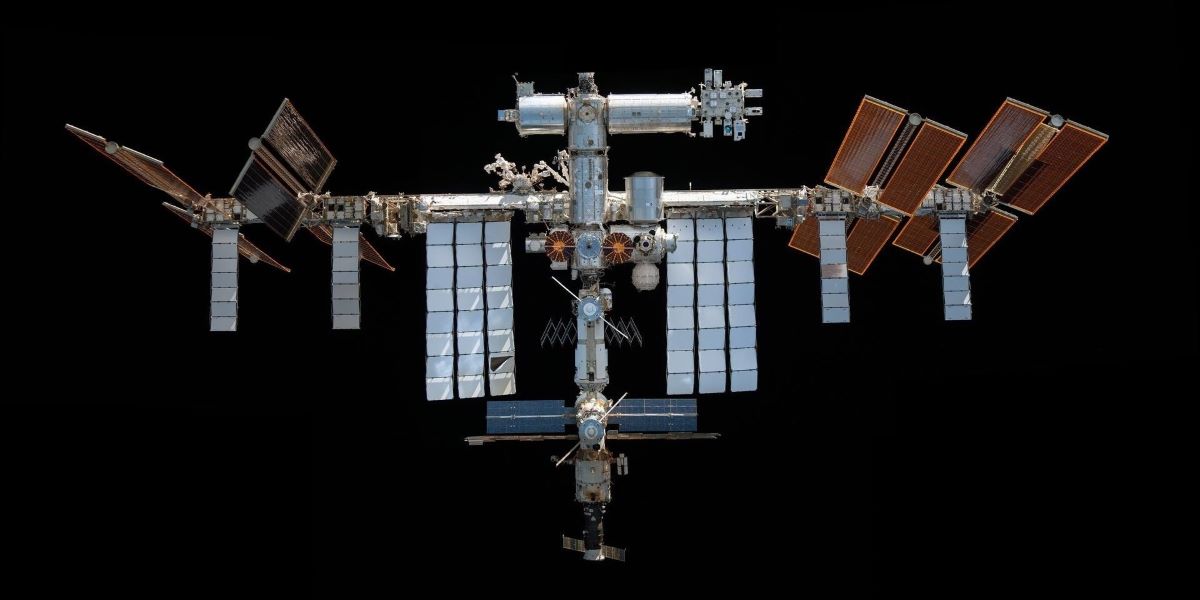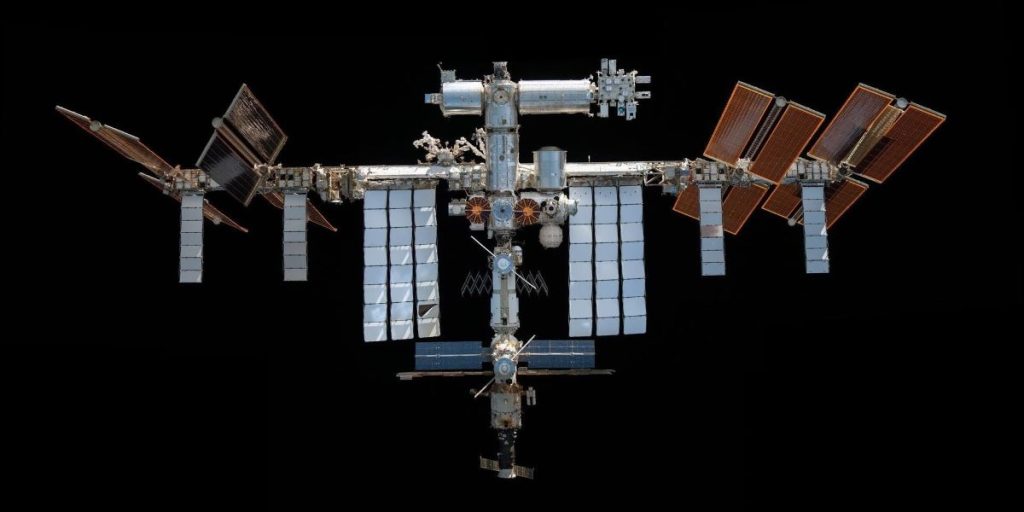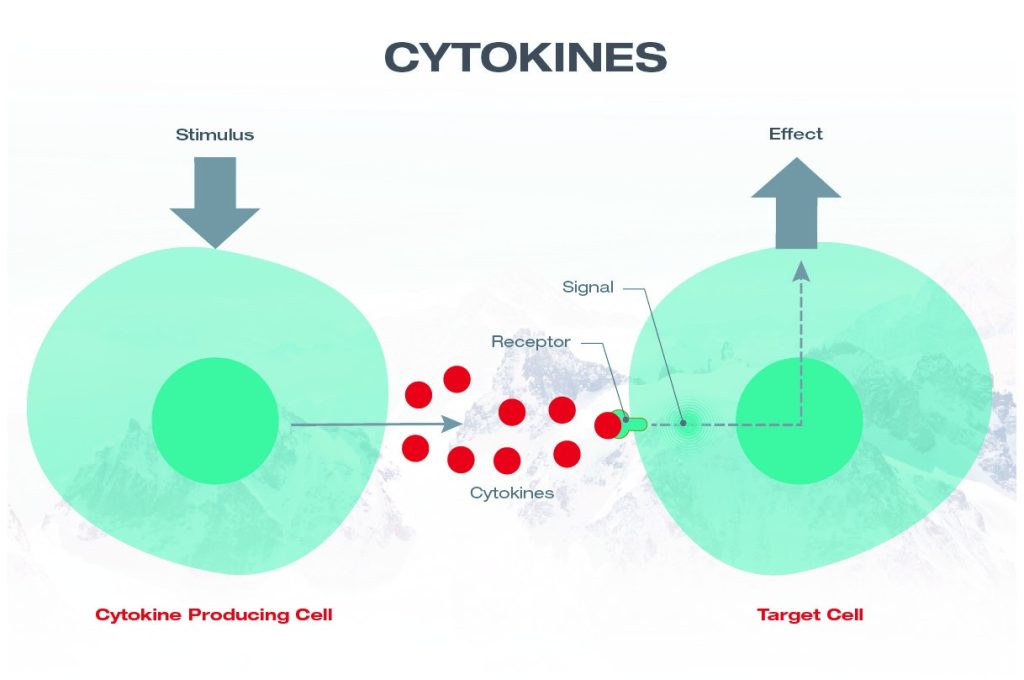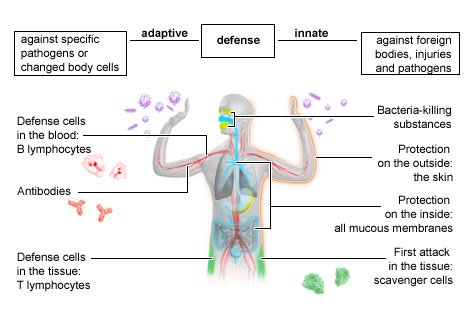Immune Dysfunction Due to Cytokine Production in a Microgravity Environment
If a loved one told you that they are going to get the opportunity to go to the international space station, what immediate concerns would you have? Their safety and health would probably be the first two things that come to mind. Many people know that astronauts have to be in peak physical condition to go to space, and still when they come back to Earth astronauts can be weaker due to muscle and bone loss. What many people may be surprised to learn is that traveling to space and being exposed to microgravity can also affect their immune system.
It is a common misconception that all of space is absent of gravitational forces. Most of the areas in space that human exploration has extended to are a part of the microgravity environment, where there is less gravity but not an absence of all gravitational forces. Microgravity has been shown to be associated with immune dysfunction; although there are many working parts of the human immune system, the production of cytokines in microgravity is an ever-increasing area of space medicine that scientists and doctors alike are trying to understand.
Cytokines are proteins that are a part of the communication chain in the immune system. They communicate from immune cells to non-immune cells to figure out what type of immune responses need to happen and where. They are vital to the homeostasis of the body. When the immune system is dysregulated, it can leave space travelers at a higher risk for infections/diseases and negatively affect wound/tissue healing during their time in microgravity.
It is imperative that astronauts remain healthy during their missions so they can remain mission-ready for whatever may happen in space, so this research is crucial for the expansion of projects in space. Researchers like Felix and Crucian have tackled questions related to cytokines/immunity in microgravity environments.
Felix’s group in 2004 showed that there is tissue specific response to cytokine levels when cells are exposed to microgravity. Depending on the tissue type (i.e. spleen, lymph nodes, etc.), cytokine levels were reported to increase, decrease, or stay the same as the control ground tissues. As this was some of the earlier research done on the topic, this was incredibly important to further understand the complexities of immune responses. This report concluded that: yes, the immune system is dysregulated due to microgravity but that there is not one specific way in which similar cytokines react.
In 2013, Crucian’s group did additional cytokine production profiling from astronauts aboard the Space Shuttle. This group discovered that most plasma cytokine concentrations increased during space flight then returned to normal upon returning to Earth whereas when exposed to mitogen, production of many cytokines (such as IL-10, IL-4, and IL-6) decreased in flight and stayed at new lower levels. Mitogen was used in this paper to trigger a general immune response to divide. The authors concluded these differences may be due to the differences in the innate and adaptive immune system. Crucian believed spaceflight may not impair (and perhaps strengthen) the innate immune system, but negatively affects the adaptive immune system. The implications of this work is very important, as it builds upon the idea that microgravity does not affect cytokine production all the same, but draws a distinction between the two major parts of the immune system and how microgravity disrupts the balance found between them.
There is still much research to be done on how microgravity changes the immune system, particularly as it relates to cytokine production. Cytokine levels are a crucial part of the immune system and how the body reacts to diseases and injuries, directly impacting overall health. Knowing how the effects of microgravity on cytokine levels is vital for ensuring astronaut health long term, and will have broad implications for space medicine and even medical research on Earth.



